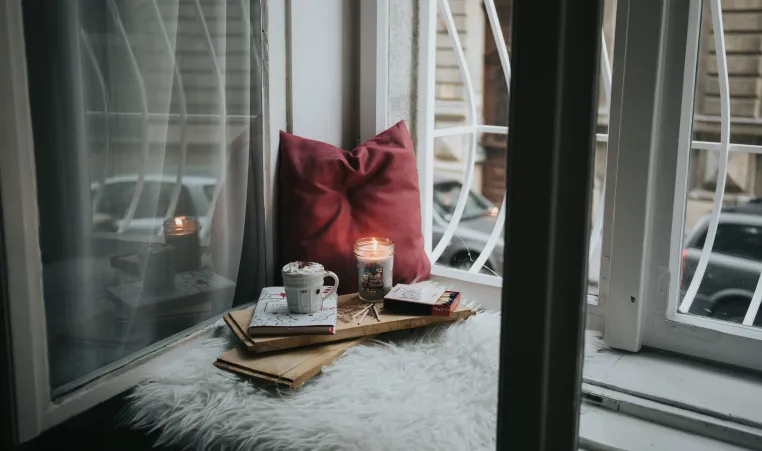
For everything there is a season, and a time for every matter under heaven:
a time to be born, and a time to die;
a time to plant, and a time to pluck up what is planted;
a time to kill, and a time to heal;
a time to break down, and a time to build up;a time to weep, and a time to laugh;
a time to mourn, and a time to dance;
Ecclesiastes 3: 1-4
A lot of the messaging we receive nowadays involves doing more. More exercise, more vegetables, more money, more material goods, more activities. And while that may be great advice for certain seasons of life, there are also seasons where the best way to grow is actually to do less.
Most of us have experienced burnout at some point. The hours of the day are filled with various obligations, and the little time we have left offers no energy for doing the things that we love. Perhaps you are at a time of life sandwiched between caring for your children and caring for ailing parents. Finding time to relax and recharge can seem selfish and superfluous, but without that balance, you can find yourself in a position of needing taken care of.
We all have an Autonomic Nervous System that helps regulate different processes in our bodies. The ANS is comprised of subsystems including the Sympathetic and Parasympathetic Nervous System.
The Sympathetic Nervous System is best known as the “fight or flight” system. In times of stress, very common in our go-go-go world, our body responds with increased heart rate and breathing, increased energy expenditure, and the slowing of certain systems such as digestion.
The Parasympathetic Nervous System is then known as “rest and digest.” The results of stress are mitigated by slowing heart rate and breathing and allowing the body to relax overall and rebuild.
Both systems have their place in our bodies. Problems occur when the SNS is not balanced out with periods of time for the PNS to kick in.
So, what can one do? A great step is to just begin paying attention to your body throughout the day. Have you been going nonstop all day so that you don’t even realize your heart rate is up a little bit? Take a bird's eye view of your day. What percentage of it were you out and about, working on something vs. resting? Even something such as watching TV may sound like relaxing, but what are you watching? Is it upsetting? Are you watching at night when the blue light of the screen may affect your circadian rhythm and sleep quality?
After evaluating the breakdown of your stress, it may be time to make some difficult decisions, such as giving up your favorite HIIT class this week and instead going for a walk or perhaps deleting social media for a period of time.
Another powerful step can be focusing on meals. As mentioned before, the SNS can decrease digestion. Eating in a stressed state can thus lead to stomach issues and poor absorption of nutrients. Carve out some time for your meals, even if just one a day at first, and clear your space of distractions to sit down and eat in a relaxed state.
Finally, try to end your day on a slow note to transition your body to sleep. Turn off the screens and pray, read, or journal. Talk with loved ones about your day. Let go of everything from the day, and give your body time to rest before tomorrow.
There will be extended seasons in our lives where it seems that the stress will never end. Rather than stressing about how stressed you are, try your best to fit in any pockets of time to relax, even if just one minute of deep breathing. Someday the season will end and give way to one of calm.
Wellness does not always include doing more. Sometimes the greatest thing you can do for your wellbeing is to step back and do nothing.